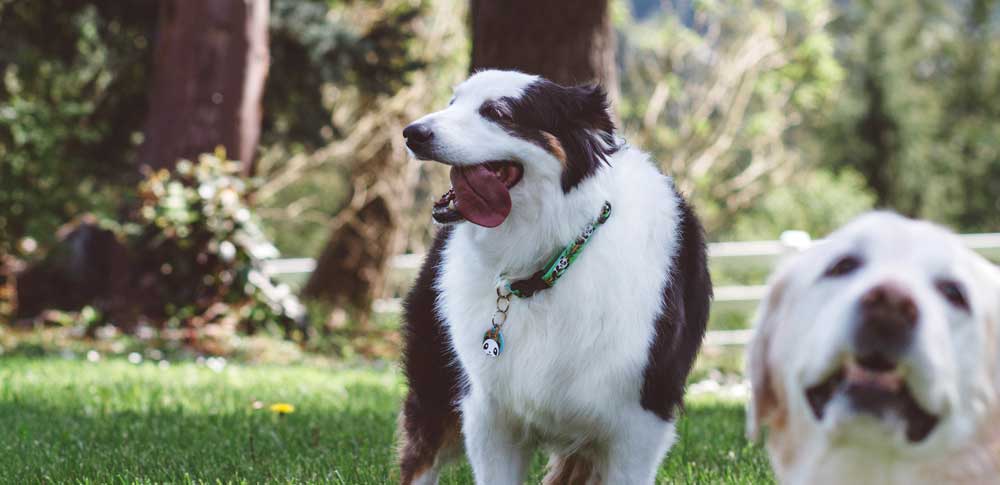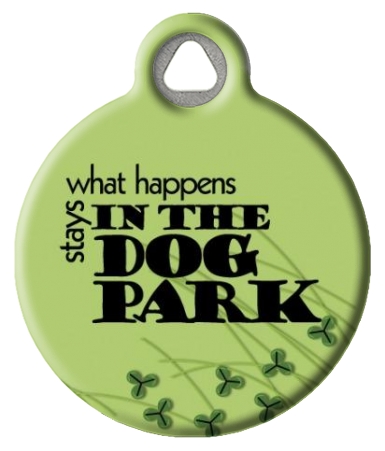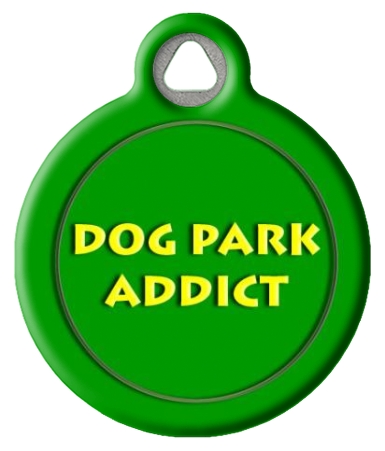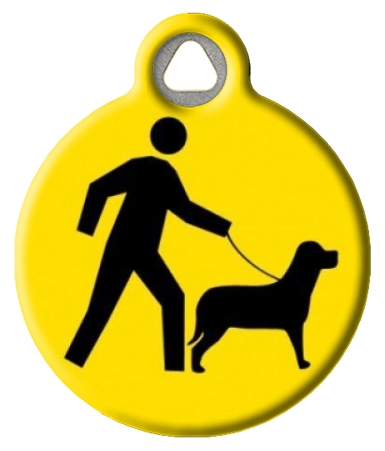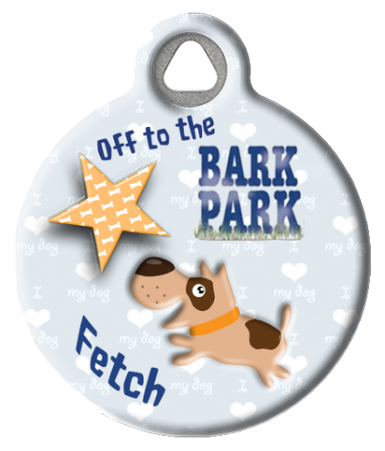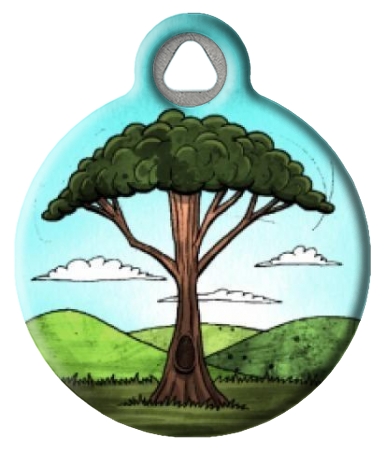When you go to the dog park, it's not unusual to see pets roaming free and sometimes getting a little out of hand while their owners sit on a bench scrolling through Facebook and Instagram. It happens all the time, but it's definitely not good dog park etiquette. To make sure you and everyone around have a good time in this kind of shared public space, here are a few dog park dos and don'ts:
Do make sure your dog's vaccinations are up to date.
If dogs are not up to date on their vaccinations, dog parks can become a breeding ground for disease. Make sure your pet has up to date rabies, distemper-parvo virus (DHLPP), and kennel cough vaccinations before heading to your local park. Remember too, that reputable dog parks require proof of vaccinations before they let your dog in to play. It's always a good idea to call ahead of time to inquire about each park's specific vaccination requirements before your show up at the gates.

Don't forget to watch your pet.
Your pet is your responsibility at the park. It can be tempting to get lost online or in conversation with that cute guy with the Jack Russell terrier while your pet sprints around the park unsupervised, but alas, that kind of behavior is probably the number one contributing factor in fights of both the dog and human variety. Be sociable, reply to that text if you need to, get the cute guy's number, but always keep an eye on your pet and make sure he isn't terrorizing his furry peers.
Do make friends.
Dog parks are a great place to make new friends, so don't pass up the opportunity to socialize. Dog owners who meet at parks often set up doggy play dates, which is great for your dogs sociability and subsequent visits to the dog park. And your dog isn't the only one who will end up with new friends. Who knows? You may even find a new best friend or future spouse among your fellow dog-lovers.
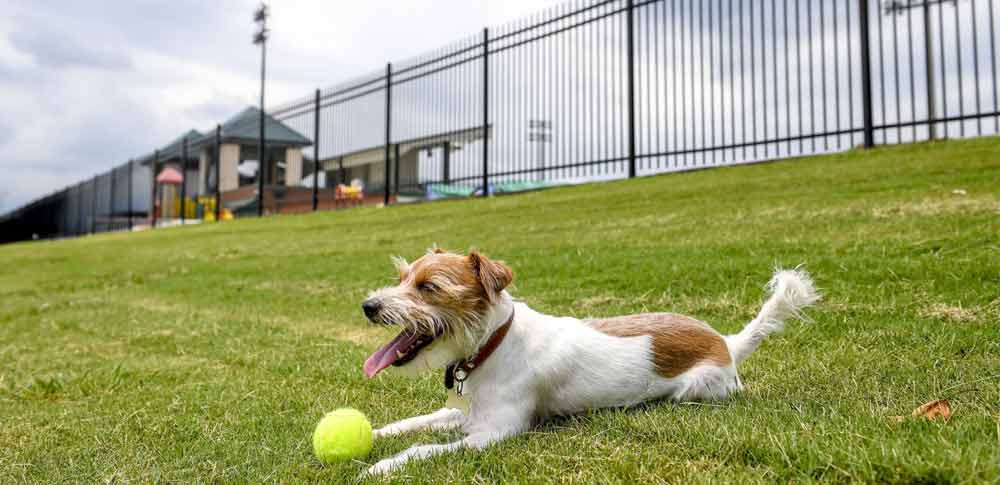
Don't bring treats.
This one is a big no-no. First of all, never give other people's dogs treats without their permission. If a pet has food allergies you could unwittingly set of a serious allergic reaction. In fact, it's best to not even bring treats to the park, since they can incite normally friendly dogs to food aggression and fights can ensue. Save the treats for after you've exited the dog park.
Do know your dog's body language.
The best way to prevent a fight is to watch your dog's body language closely. If you notice your pet stiffening, freezing up, curling his lips, raising the hair on his neck or growling, it's time to take action. Call your dog to you or otherwise distract him. In some cases, it may be best to simply leave the park.
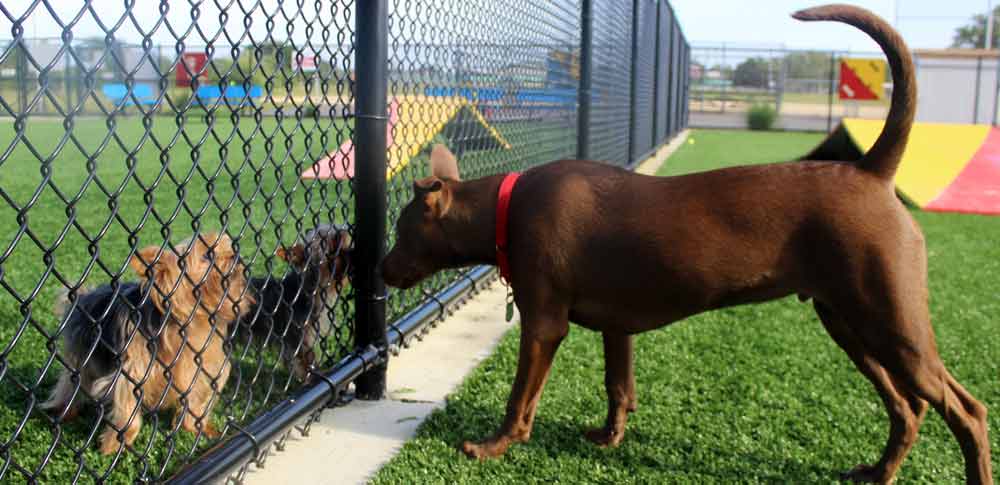
Don't bring your dog if he is aggressive or easily overwhelmed.
Just like not every person likes to belly up to a bar to socialize, not all dogs enjoy time spent at a dog park. If your dog is extremely nervous in nature or gets easily overwhelmed with new people and places, going to a dog park might not be a good fit for him. The same goes for dogs who are known to be aggressive or don't get along with other animals. If your dog fits into one of those two categories, try taking him on a long walk or hike instead.
Do some training beforehand.
Your dog doesn't need to be police academy trained, but basic training is a huge advantage at the dog park. If you want to spend an afternoon here and there socializing with other humans and pets, why not sign up for group training classes when your dog is still a puppy? Not only will your pet learn to obey basic commands, he'll get used to being around other people and pets.
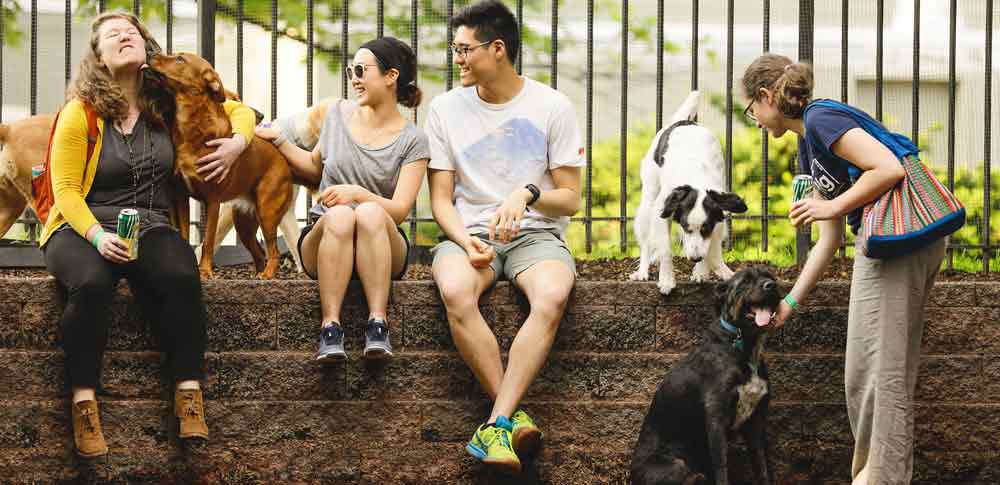
And there you have it! By applying these seven simple dos and don'ts, your next trip to the dog park will be much more enjoyable - for you, your dog and everyone else at the park.
